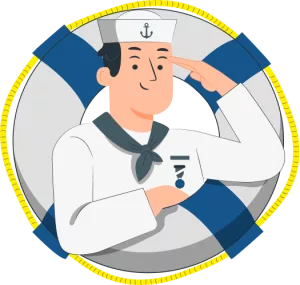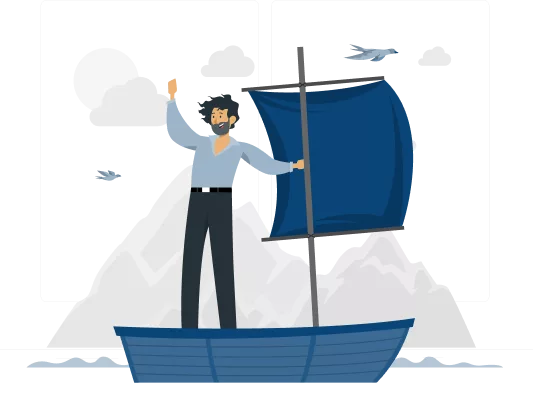Gemi Aşçısı Eğitim Kursu

Gemi Aşçılığı Eğitimi, gemi mutfağında çalışacak aşçı adaylarının; denizcilik ve gemi aşçılığı alanında ihtiyaç duyulan bilgi, beceri ve yetkinlikleri kazanması amacıyla düzenlenmektedir. Eğitim, MLC 2006 CONVENTION Title-3 Regulation 3.2 ILO CERTIFICATION OF SHIP’S COOK 1946 No: 68 & 69, STCW 78, SOLAS 74, MARPOL 73/78 ve ilgili ulusal mevzuat (1739 sayılı Millî Eğitim Temel Kanunu, 3308 sayılı Mesleki Eğitim Kanunu, 5580 sayılı Özel Öğretim Kurumları Kanunu vb.) temelinde verilmektedir.
Course Provider: Organization
Course Provider Name: EKOL Denizcilik
Course Provider URL: https://ekoldenizcilik.com.tr/
Course Mode: Onsite
Course Workload: P7D
Duration: P5D
Course Type: Ücretli
Course Currency: TRY
Course Price: 12000
5
